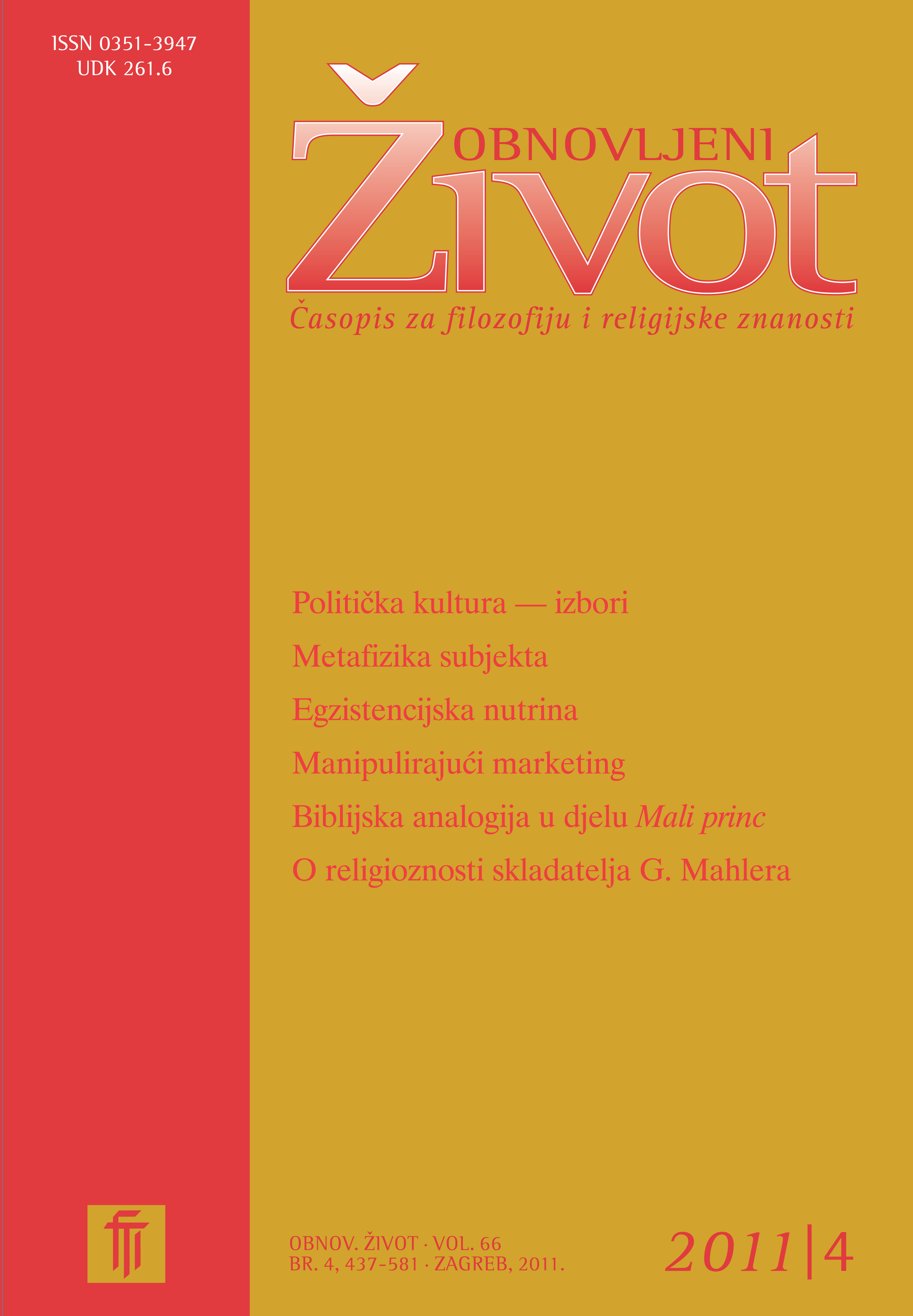Existential Interiority: Newman's road to faith
Keywords:
John Henry Newman, conscience, interiority, imagination, faith, apologeticsAbstract
The importance of Cardinal Newman’s thought has been further recognised in the wake of his beatification last year. This article explores his principal approaches as a defender of the credibility of faith. It shows how he took his stand against some of the dominant cultural assumptions of his age, and of ours: the reduction of truth to rationalist forms; liberalism or relativism that denies the possibility of truth; or the identification of religion with emotional experiences. In responding to these challenges Newman gave special attention to three essentials on the road to faith: the need for an open disposition; attention to the voice of conscience; a special role for imagination as making God »real«. This attention to a new apologetics was a passion in Newman’s whole life, but is seen especially in his great university sermons at Oxford in the years 1839 to 1843 and then later in his book of 1870, The Grammar of Assent. The article concludes by drawing attention to Newman’s famous prose style as indicative of the dynamic movement of his thought.
Downloads
Published
Issue
Section
License
Jednom prihvaćeni članak obvezuje autora da ga ne smije objaviti drugdje bez dozvole uredništva, a i tada samo uz bilješku da je objavljen prvi put u Obnovljenom životu. Uredništvo će obavijestiti autora o prihvaćanju ili neprihvaćanju članka za objavljivanje.
Članci objavljeni u časopisu se, uz prikladno navođenje izvora, smiju besplatno koristiti u obrazovne i druge nekomercijalne svrhe.


